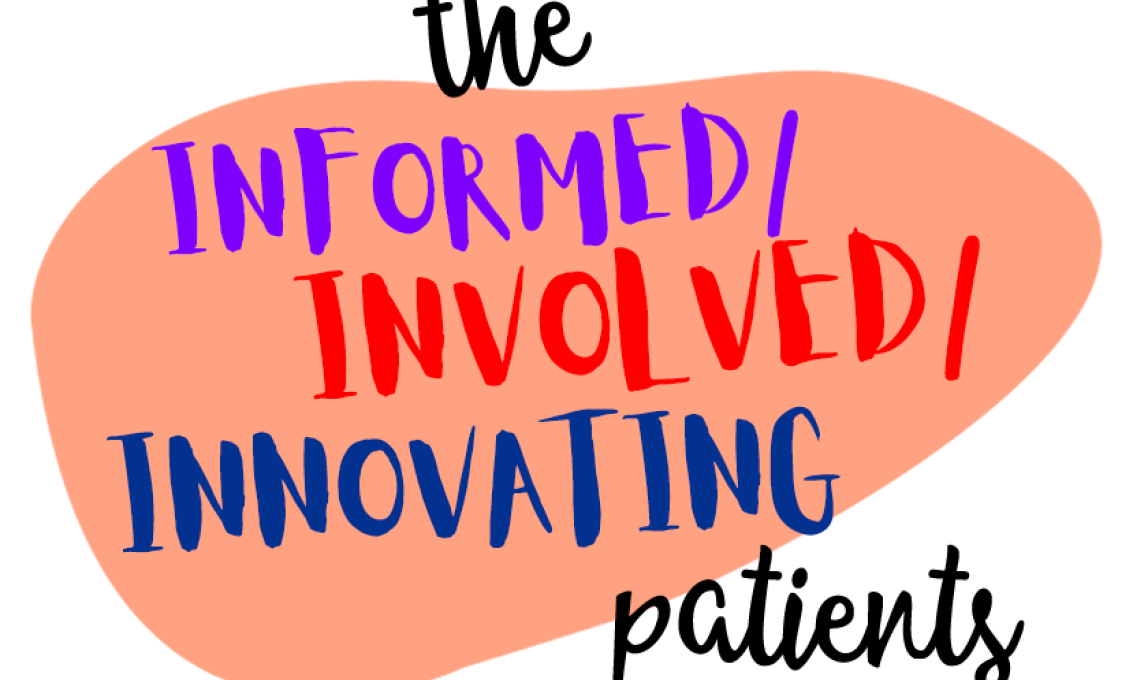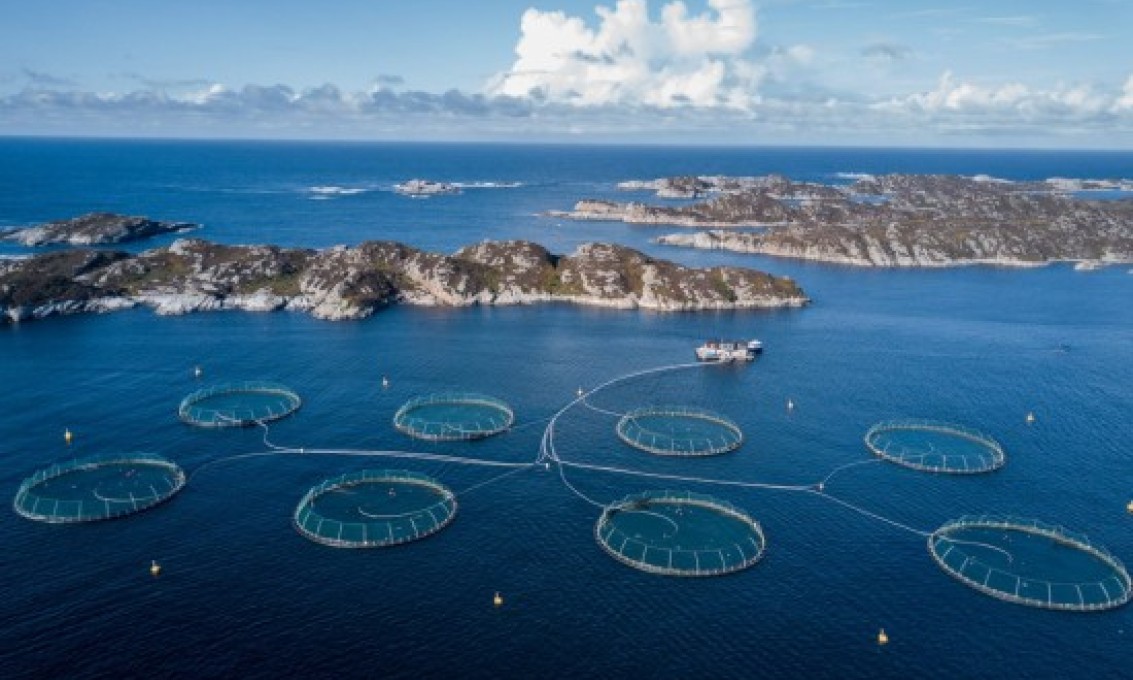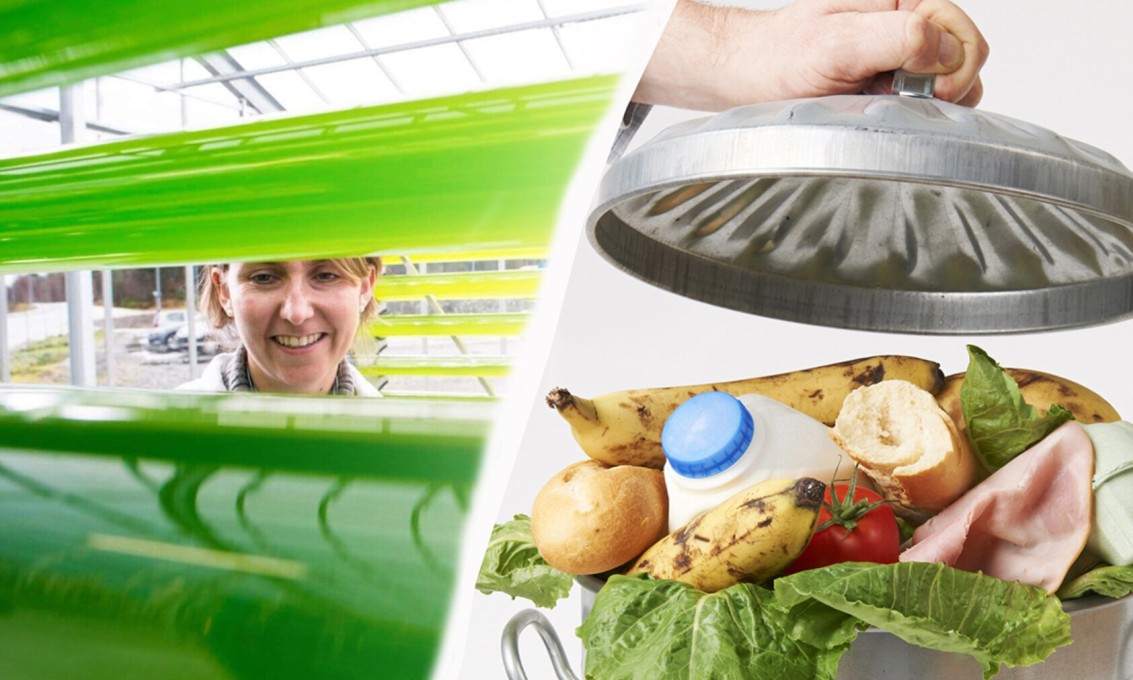Research projects affiliated with the Centre for Innovation Research.
Releasing the Power of Users
Articulating user interest to accelerate new innovative pathways in the digital health and welfare sector
This is a project focusing on the health care sector and how to amplify the voice of the users when applying digital technology.
At a time when there is growing recognition of Global Challenges, responsible research and innovation (RRI) is suggested as a way to govern innovation development to address challenges populations face, such as poverty, inequality, aging population and availability of quality healthcare. Such principles suggest a broader stakeholder inclusion into the decision-making process, anticipation of societal needs and reflection of concerns, which calls for new innovation policies. Click for more information.
Contact for information: Tatiana Iakovleva
Policies for smart specialisation: POLISS
Strengthening innovation in Europe’s regions
Smart specialisation is an essential principle of European regional policies, aimed at increasing efficiency in research and innovation investments. This region-based approach aims to boost growth and jobs by enabling each region to identify and develop its own competitive advantages. Over 120 smart specialisation strategies have been developed.
The EU-funded POLISS project will address the gaps between the conceptualisation, design and implementation of smart specialisation strategies. Bringing together 8 leading European academic institutions and 14 partners from local governments, development agencies, international organisations, research institutes and private companies, the project will take a multidisciplinary approach. It will provide new systematic evidence and methodological tools to scholars, policymakers and local practitioners for designing smart specialisation actions. Click for more information.
Contact for information: Rune Dahl Fitjar
Smart and Sustainable Host UniverCities: SUNSET
Leveraging city-university interactions to further the twin green and digital transition.
SUNSET aims to develop innovative research and training capacity around city-university interactions driving the EU’s green and digital transition. This twin transition is a defining element of the current EU policy agenda towards achieving climate neutrality and sustainable growth. The European Commission considers cities to be frontrunners in this transition agenda, but their transformational capacity and resilience crucially depends on the presence of agile and high-performing urban innovation ecosystems.
Through a tailored combination of network-wide training events and academic and non-academic secondments, the SUNSET Doctoral Network will train a new generation of researchers to become future urban innovation ecosystem leaders in the pursuit of the twin green and digital transition. Click for more information
Contact for information: Rune Dahl Fitjar
Low Emissions Value Chain for Offshore Aquaculture
New knowledge and technology for more sustainable offshore salmon farming.
Farming at sea is more demanding and presents new challenges compared to coastal farming. At the same time, relocating salmon production offshore will make it possible to produce salmon in a more sustainable manner while providing favorable living conditions for the fish. Achieving this requires more knowledge – and, importantly, new technology
The Green Platform project aims to contribute to the production of sustainable salmon protein with a significantly lower carbon footprint per kilogram compared to meat proteins from agriculture. The project also aims to reduce the environmental footprint and help ensure biodiversity in oceans and rivers. Additionally, it aims to secure an annual value creation of one hundred billion Norwegian kroner. Click for more information.
Contact for information: Ragnar Tveterås
A unified framework for regulation of multi-technology salmon
Regulations in Salmon aquaculture
Salmon farming is a highly innovative industry, largely driven by environmental challenges such as salmon lice. Promising innovations in closed aquaculture systems and offshore facilities have recently emerged. There are over twenty closed and semi-closed concepts in the sea. The emergence of new production technologies in aquaculture presents society with new challenges in developing policies that enable sustainable growth in all dimensions—economic, environmental, and social.
Simply put, society lacks a political framework that allows the aquaculture industry to utilize the right mix of technologies and permits the industry to employ new closed technologies at sea and offshore facility technology. This project aims to provide new knowledge that enables the establishment of consistent regulation of the new range of aquaculture technologies. Click for more information.
Contact for information: Ragnar Tveterås
Salmon broodstock: Carrying sterility to the next generation
The main goal is to explore and establish biotechnological methods for the industrial production of genetically sterile salmon, with the secondary goal of exploring the market potential for such biotechnological methods.
Most of the salmon production in Norway takes place in open sea cages, and such aquaculture is susceptible to escape risks. In the event of escape, farmed salmon can interbreed with wild populations, thus affecting the genetic composition of wild salmon. Such interbreeding is considered the most negative, long-term environmental impact of Atlantic salmon cage farming.
To achieve biological containment of farmed salmon, the use of sterile fish in commercial aquaculture is a sustainable green strategy and can be used to protect wild salmon stocks. The only available method for sterilizing salmon on a commercial scale is through triploidization. In this project, we aim to explore new possibilities for inducing sterility using gene editing. Click for more information.
Contact for information: Ragnar Tveterås
BIOCIRCLE: Increased innovation capacity and innovation rate for circular bioeconomy in Western Norway
Today's waste shall become tomorrow's resources.
"Biosirkel" is Western Norway's arena for competence building and co-creative innovation within the circular bioeconomy, involving research and educational environments, businesses, the public sector, and society at large. The platform will enable new bioeconomic value chains by connecting actors with waste streams to actors that can benefit from access to these streams.
The project contributes to the development and realization of green business development and increased circularity across blue, green, and gray sectors. The project will address how Western Norway can succeed in transitioning to more sustainable production and extraction, efficient resource utilization, utilization of by-products and waste streams for high-value products, production of new feed resources, and other products. Click for more information.
Contact for information: Silje Haus-Reve






